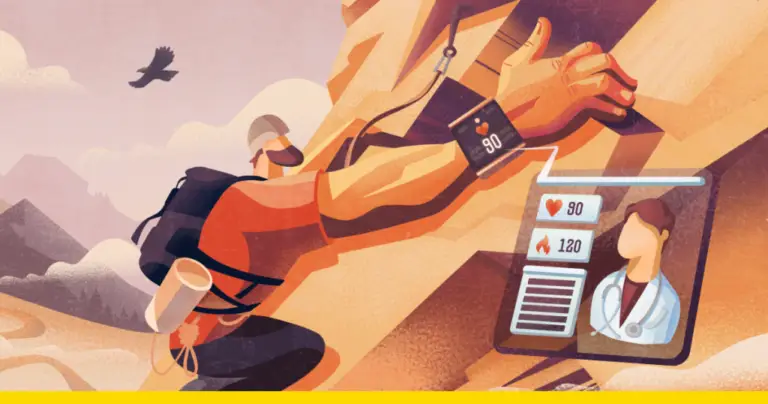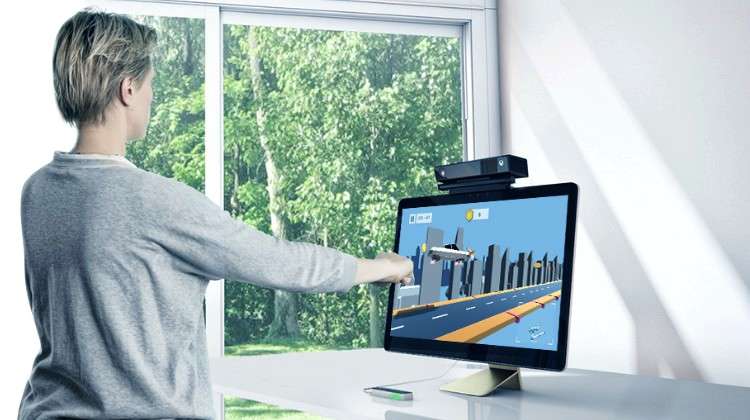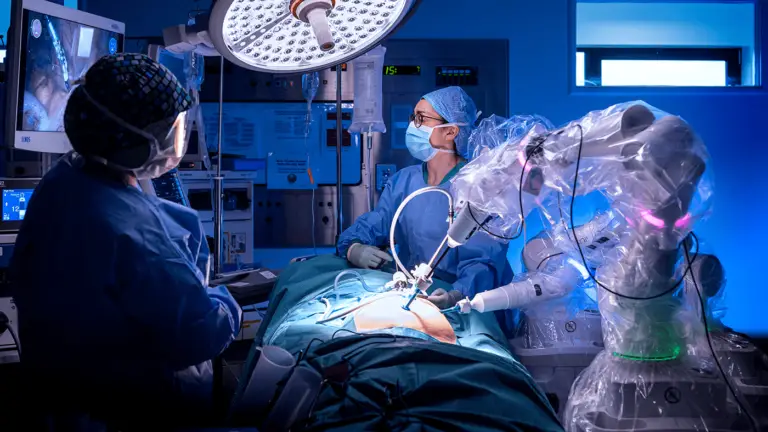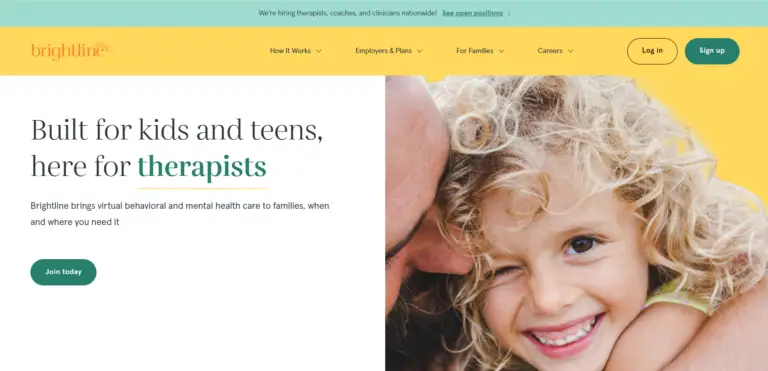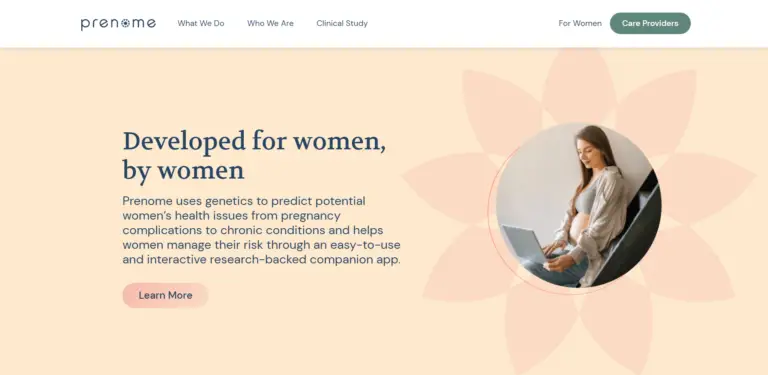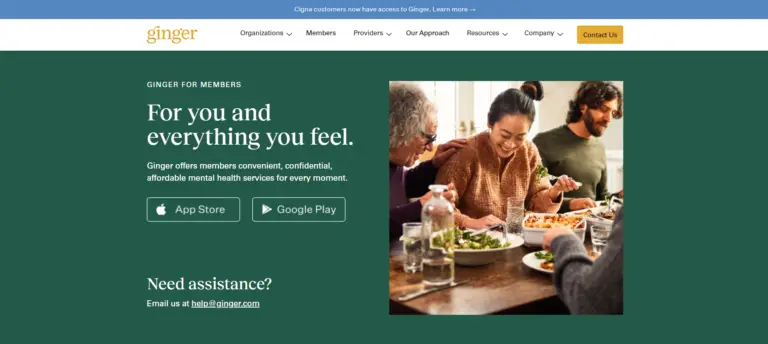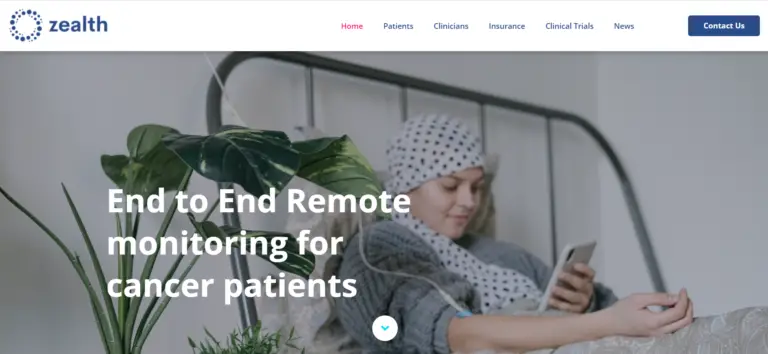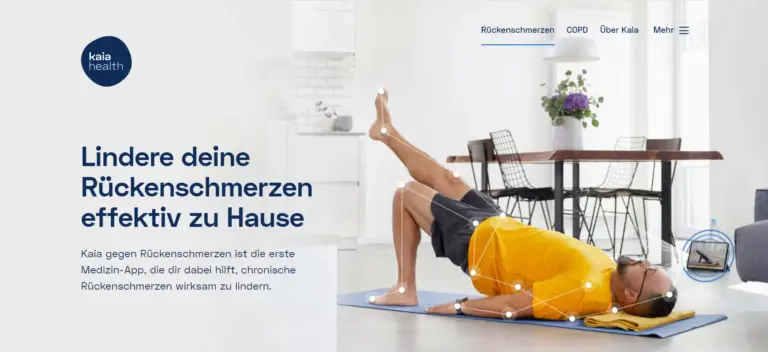Healthcare is in the top three in terms of the implementation of information technology. The industry actively uses the “benefits of civilization” to improve patient care and internal workflows. Healthcare providers are interested in innovations, so they are willing to invest in IT projects. We invite you to get acquainted with 10 medical startups that differ from others in their unique ideas or implementation.
AI medical imaging tool for diagnosis of neurological disorders
Andersen, a healthcare software development company, helped a British startup to implement an AI platform for analyzing various image formats. By “studying” data from CT scans, MRIs, X-rays, or other images and medical records, the platform is able to detect Alzheimer’s disease or other neurological disorders.
The system is based on SOLID, REP, CCR Architectural, and cloud technologies that allow healthcare professionals to easily manage and analyze the received images. Pharmaceutical companies use the platform for research. It also helps neurological departments of clinics and hospitals to optimize patient care.
Source: andersenlab.com
MindMaze brain health platform
For 70+ hospitals around the world, this Swiss rehabilitation platform has become a complementary way to treat people after strokes and injuries. Digital therapy means involving a patient in an interactive animated game that encourages them to move. Patients perform certain exercises, thereby restoring their motor skills and cognitive functions.
The platform has helped more than 10,000 patients to recover from serious illnesses and return to a normal life while exercising at home. This is especially important during the pandemic when people with chronic diseases are at the highest risk.
Source: fitness-gaming.com
Versius system for minimally invasive surgery
The British technology company CMR Surgical strives to make minimal access surgery a reality for all patients. For about eight years, the company has been following this course developing the Versius robotic surgery system.
The Versius hardware and software system is mobile and easy to move between departments. The device is built on the basis of a unique V-shaped wrist technology. It has advanced HD 3D vision and ensures a high level of accuracy. Therefore, such equipment can be used for laparoscopic operations of any level of complexity. According to hospital directors, Versius provides a unique opportunity to perform safer operations and improve patient care.
Source: cmrsurgical.com
BRIGHTLINE Behavioral Health Platform
Established 2 years ago in response to the COVID-19 pandemic, the platform has grown into a digital space that helps children and teens with ADHD, depression, or other mental disorders. The application connects young patients with psychologists and coaches who provide them with remote therapy, prescribe medication, and organize speech therapy classes and other procedures.
Treatment and support for children do not occur in isolation from their families. Specialists organize online classes for parents, where they tell them how to help a child and track their progress. During the pandemic, when thousands of families found themselves in isolation and felt locked in their homes, the application helped to cope with negative emotions. BRIGHTLINE also solves the problem of the shortage of psychotherapists by making psychological help available to children from remote regions.
Source: hellobrightline.com
Prenome genetic research
Prenome's mission is to improve and maintain women's health with the help of genetic analysis. The company has developed a DNA test that indicates potential health problems based on the patient's lifestyle and heredity. Being aware of the possible risks, a woman registers in the Prenome application and learns how to prevent complications. For example, a patient learns how to adjust their diet or cope with stress.
Prenome test + support platform complex warns women against possible complications during pregnancy and chronic diseases. The system detects the risk that a pregnant woman will develop gestational diabetes and gives her instructions on how to maintain hormonal levels and avoid illness.
Source: prenome.com
Ginger digital mental health program
Every tenth person in the world is diagnosed with depression. But this statistic covers only people who turned to doctors for assistance; therefore, the figure can be much more dramatic. No wonder, in 2021, Statista named mental disorders the third most serious problem after coronavirus and cancer. Ginger recognizes the scale of the problem and is trying to resolve the issue by offering immediate psychological support through the Ginger virtual platform.
The application serves millions of people in 50 countries around the world, helping them to cope with existing problems or avoid complications in the early stages of the disease. Thanks to such technologies as big data and artificial intelligence, the Ginger team has created a mechanism that detects stress or depression. The program warns the user about the problem and offers to contact the doctor at any time, 7 days a week.
Source: ginger.com
Zealth-AI platform for the treatment of cancer patients
This Singaporean startup takes care of cancer patients, allowing them to receive comfortable treatment at home while being under the constant remote supervision of doctors. One of the creators came up with the idea of building an outsourced it support to support cancer patients when a close relative of theirs fell ill with this disease. There arose questions about how to track the progress of treatment and regularly contact the doctor for a consultation.
The Zealth-AI platform addresses numerous issues. It uses intelligent algorithms to treat cancer at home. The application provides remote support for the patient, in fact responding to changes in their condition. Thus, more people can be saved than before.
Source: zealth-ai.com
Kaia Health chronic pain relief platform
Up to 24% of people in the world suffer from chronic pain. People are forced to constantly use drugs to somehow maintain a standard of living. Kaia Health aims to address one of the following issues – chronic back pain and COPD. Thanks to this startup, hundreds of thousands of people can try multimodal therapy (mind and body therapy).
The system offers a range of physical and relaxation exercises that help patients to manage pain. The application also contains a knowledge library that allows users to better understand their issues and detect the cause of pain.
Source: kaiahealth.com
Safety for the elderly from VRI
The American company VRI strives to make the life of the elderly comfortable and safe. To do this, it has developed a system that includes the VRI Connect remote monitoring app, Mobilecare instant doctor call device, Medconnect medication reminder app, and Careconnect vital signs sensor suite.
The company has created a safe environment for the elderly and people with chronic diseases. Thus, patients prolong their lives by observing the established regimen and following the medical prescription.
Source: apple.com
Dexcom diabetes management solutions
The American startup Dexcom has developed a complex of devices (CGM) and software (CLARITY) that helps diabetics continuously monitor their blood sugar levels. A tiny sensor collects glucose data every 5 minutes and sends it to a smartphone or receiver. The system warns when the sugar level falls below or rises above the norm.
The patient can track how certain food or physical activities affect blood glucose levels. And thus they can adjust their diet and daily routine to lessen the risk of complications.
Source: dexcom.com
Conclusion
The medical startups listed above are not the only examples of how technology saves people's lives and creates comfortable working conditions for doctors. Innovations improve the quality of medical services and make them accessible to a wide range of patients. According to Dr. Glen Stream, Chairman of Family Medicine for America’s Health, such consumer health technologies as apps, wearables, and self-diagnosis tools can strengthen the patient-physician relationship and improve health outcomes. For healthcare, this means great success.
0
